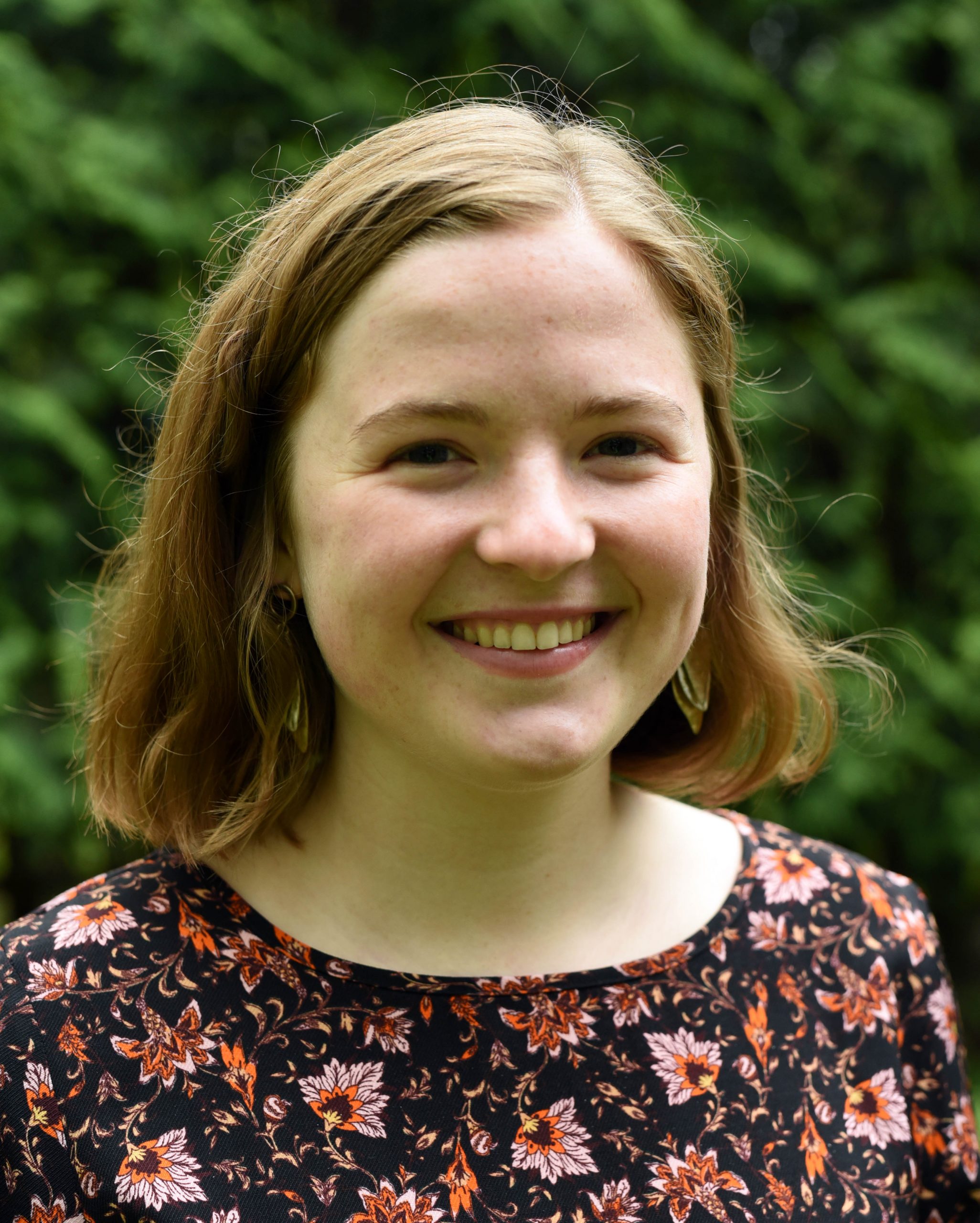If the popularity of podcasts was in any doubt, pandemic boredom has surely dispelled it. Rates of podcast listening have been increasing for years, and podcast engagement has continued to grow as individuals and families look for new forms of entertainment while they stay at home. Avid podcast listeners spend time seeking out new shows or catching up on favorites, but with more hours at home to fill, podcast fans might want to consider what it would be like to create their own listenable program.
For those seeking a new creative project, podcasting is an appealing medium. With topics ranging from serialized fiction to wellness advice to conspiracy theories, creators can make a podcast about pretty much anything. Podcasts also lend themselves to a unique form of information delivery: audio.
Unlike written word, vocal recordings capture the unique inflections of the human voice and leave more room for improvisation. A good podcast adds a distinctly human element to oral storytelling, making listeners feel like they’re in the room. Often combining elements of insight, humor and wit, the conversations feel natural and flow easily.
However, behind the seemingly effortless discussions, podcast creation requires careful planning. The development process — coupled with the fact that many successful podcasts achieve ad sponsorships and creative support through production networks — can make starting a podcast on your own seem daunting. But creating an independent podcast from scratch can be done, and it’s probably easier (and cheaper) than you think.
In 2017, my cousin and I co-created an independent podcast and learned by doing, gathering insights from various online blogs and adjusting as we went along. Now, two seasons in, nearly 70 episodes later and with my stint as host coming to an end, our show has taught me a lot about what it takes to create and sustain a podcast with limited resources.
Drawing on my own experience and what I have learned along the way, here is my guide to podcasting that will help you get your project started.
How do you come up with an idea for a podcast?
The beauty of the podcast is that it can be about anything, making it both easy and difficult to choose a specific idea. General topics may present themselves quickly, but narrowing them down to one concept that will be both accessible and novel to listeners is a difficult task.
To create a successful podcast, creators need an idea that has a broad appeal while being unique. If the show is too similar to others, it won’t generate a large audience. For example, a podcast exploring “Harry Potter” as a sacred text is more interesting than a generic show about the boy wizard.
Searching the different categories of the iTunes podcast store can provide ideas on how to approach a topic from a new lens. Figuring out what elements you want to include in your podcast will make it easier to narrow your focus.
What do you need to do before recording?
The planning stages of podcast creation are the most important, as a well-developed foundation will set you up for an engaging show. Make sure you do not rush this process. Taking the necessary time to define intentions and goals will only strengthen your show’s focus. To start, write responses to the following questions:
1. What do I want to gain from making this podcast?
2. What do I want others to get out of listening to it?
3. Who is my target audience?
These answers will help you narrow down the topic of your podcast so you can communicate its purpose to potential listeners.
You also need to decide the format of your podcast. Will you be hosting on your own and interviewing guests, or having conversations with a co-host? Some topics lend themselves to a certain format already, as in the case of serialized fiction podcasts, which require more scripted narration and less improvisation.
Identifying your favorite podcasts and their methods can help you get an idea of what you want to do. Consider the hosts’ tone of voice, the length of episodes and the types of segments they use. Most podcast episodes are split into segments, such as free-flowing conversations, interviews or games. Once you know what you like, you can apply it to your own production.
As for logistics, you need a website. WordPress (free) and Squarespace are both good options since they let you create a page that hosts your show’s RSS (Really Simple Syndication) feed, which is necessary for publishing episodes and connecting your podcast to directories like iTunes and Stitcher.
Finally, to make your podcast stand out, you need to create a snappy title, an engaging album cover and an informative description that will show up on your website and intrigue listeners so they will want to listen to your podcast.
Draw from your responses to the above questions to craft your description, making sure it gives a comprehensive overview of your show and matches the tone you are hoping to achieve throughout episodes. For the album cover, you can pay for someone to create it, but if you or a friend have an artistic eye, websites like Canva can work just as well for making your own appealing design.
What do you need for the recording process?
When picturing a podcast recording session, many think of recording studios with elaborate equipment. While some are lucky enough to have access to these resources, the reality is that you do not need these fancy perks to record. A good quality microphone and any sound editing software will do.
The better your microphone is, the more it will cost, but you can buy some great microphones for a reasonable price. How much you spend will depend on your personal budget, but many, including myself, consider the portable USB Blue Yeti microphone to be the best for beginning podcasters if you can afford it.
As for recording software, free programs like Audacity and Garage Band will work just fine, and learning to use them is relatively simple. If you are recording with a co-host or a remote guest, things get a bit more complicated. You can either record tracks separately and then mix them, or use one of the various programs that facilitates remote recording.
How do you keep your podcast fresh and engaging?
Now that you have everything you need, you can apply your content ideas to plan episodes. Depending on your show’s format, the agenda can range from very sparse with just a few questions to highly scripted. Additionally, develop a flexible content map where you can keep ideas for future recordings to make sure episodes are aligning with the podcast’s focus.
So, you’ve done all the steps and recorded your first episode — now what? Creating podcasts is fun, but the process is more rewarding when supported by devoted listeners. There are many ways to engage with your audience, but it mostly comes down to curating an engaging online presence for your fans to follow.
On your website, make sure you present your project with clear writing and appealing visuals. Include information of yourself and any co-hosts to help listeners feel like they are getting to know you. On social media, post content regularly and try to interact with your audience as much as possible. For example, create a Facebook group in which listeners can interact not just with you, but each other. In addition, including voicemails and comments from listeners during episodes can go a long way in developing a sense of community with your audience.
Further, make sure you are always assessing how your episodes and posts are performing by using data on listeners and social media likes to see what engages your listeners the most. Most importantly, be aware that even as your content evolves, it stays true to your podcast’s mission and your values. Your audience will be able to tell what is and is not genuine.
Making a podcast involves a lot of moving parts, but when done well, it can be incredibly rewarding. With intentional preparation, a good podcast provides insight and builds community, all while helping the host grow their own skills. By following my suggestions, I believe your show can do just that, and I hope it helps you have the conversations and tell the stories you have always wanted to hear.

















